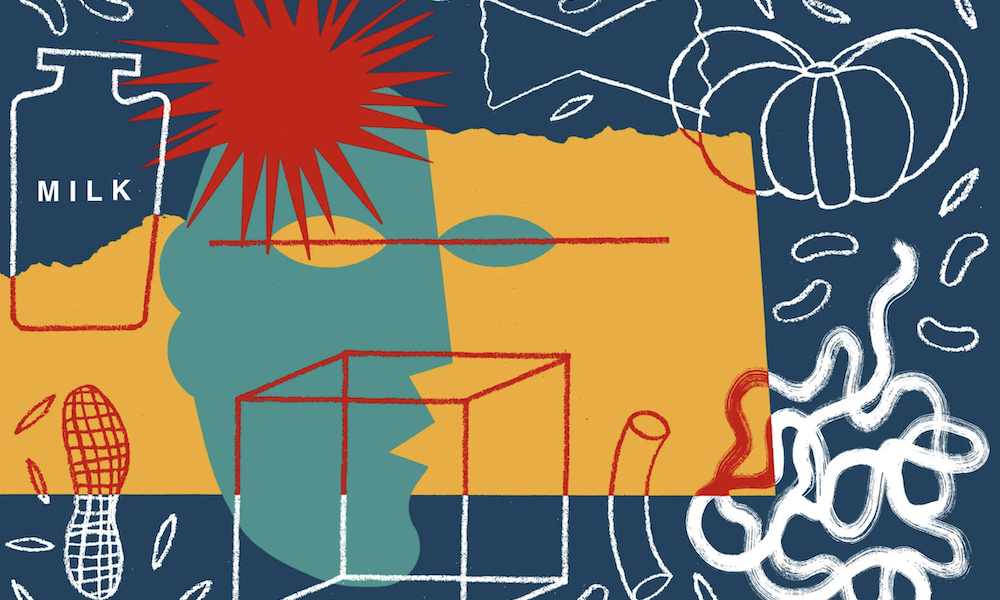Content warning: disordered eating
On Jan. 29, the Students’ Society of McGill University’s Eating Disorder Resource and Support Centre (EDRSC) hosted the panel, “Intersection of Mental Health, Chronic Illness, and Eating Disorders.” The virtual event gathered four specialists to discuss how individuals’ backgrounds can affect their experience with eating disorders.
Speakers included Dr. A.J. Rubineau, a family physician with experience working with people exploring their gender identity while struggling with eating disorders, as well as Jenna Jones, a social worker and psychotherapist specializing in eating disorders. Also joining the panel was Josée Lavigne, a representative from Anorexie & Boulimie Québec (ANEB), and Laura Ramesey, a content creator on social media who raises awareness for avoidant/restrictive food intake disorder and obsessive compulsive disorder.
The event started off by addressing the common misconceptions regarding eating disorders and mental health.
“The biggest misconception is that it has to do with food,” said Jones. “Eating disorders [are] ultimately a coping mechanism—[an] iceberg scenario. The eating disorder is what you can visibly see, but there’s all the factors leading up to the eating disorder.”
Contrary to mainstream depictions, eating disorders are not always visible to the naked eye. This lack of clarity around what disordered eating looks like can stunt the journey to recovery.
“I think the biggest misconception is that dramatic weight loss and concern for your body image are required for an eating disorder diagnosis when they are not,” Ramesey said. “This is really damaging to those who need to get help.”
There’s also the dangerous myth that recovery is impossible.
“If there’s one misconception I want to knock down, it’s that you can’t get better, because that’s just not true,” Rubineau added. “Treatment works, period.”
The panellists went on to discuss the intersections of personality, genetics, and gender identity in the development of disordered eating. Researchers have hypothesized that certain personalities are more vulnerable to eating disorders than others.
“When it comes to anorexia nervosa, perfectionist tendencies have a strong link, and for bulimia nervosa, impulsivity is a link,” Jones said.
Genetics also play a factor. Lavigne explained that a person is more likely to get an eating disorder if others in their family have had eating disorders or other mental illnesses.
“Genetics loads the gun, and environment pulls the trigger,” Rubineau said.
Certain personal experiences can also come with an associated risk. Drawing from her background working with those exploring their gender, Rubineau noted that transgender people are typically more vulnerable to eating disorders.
“Being a trans person in a body that’s not the body they feel at ease in understandably affects how food feels to [them],” Rubineau said.
For many individuals, chronic illnesses can also intersect with eating disorders. These illnesses are defined as conditions that have long-lasting effects, such as postural tachycardia syndrome (PoTS).
The panellists discussed the difficulties of having to restrict certain foods due to chronic illness while also struggling with eating disorder-related restrictions. It can be easy, for instance, to be tricked into being afraid of a certain food because of its effects on your body due to a chronic illness.
“I think the question is, how do you know when it’s your eating disorder [telling you to restrict], versus when it’s some other problem?” Rubineau said.
Ramesey shared advice coming from her own personal experience with chronic illness.
“I tell myself that the food isn’t the enemy […] the food isn’t necessarily bad, it’s just not the best thing for me,” Ramesey said.
Conversations during the panel also centred on changing the way we talk about eating disorders. People of varying ethnicities and body types experience eating disorders. But the importance of portraying that accurately in media is often overlooked. There is ultimately no single “look” to experiencing disordered eating.
“I would also really encourage you to be inclusive of different types of disorders,” Ramesey said, referring to her own diagnosis of ARFID as an example, a condition associated with what may look like extremely picky eating to others.
For those on their own recovery journey, Ramesey gave some advice.
“Since we are rewiring pathways in our brains each time we don’t avoid something, it eventually does become easier. It might take it a while [….] But the more you do it, the easier it gets. You will not be this scared the whole time, I promise.”
Resources for transgender and gender diverse people experiencing disordered eating: https://fedupcollective.org/. Support groups at McGill: https://edrsc.ssmu.ca/services/









